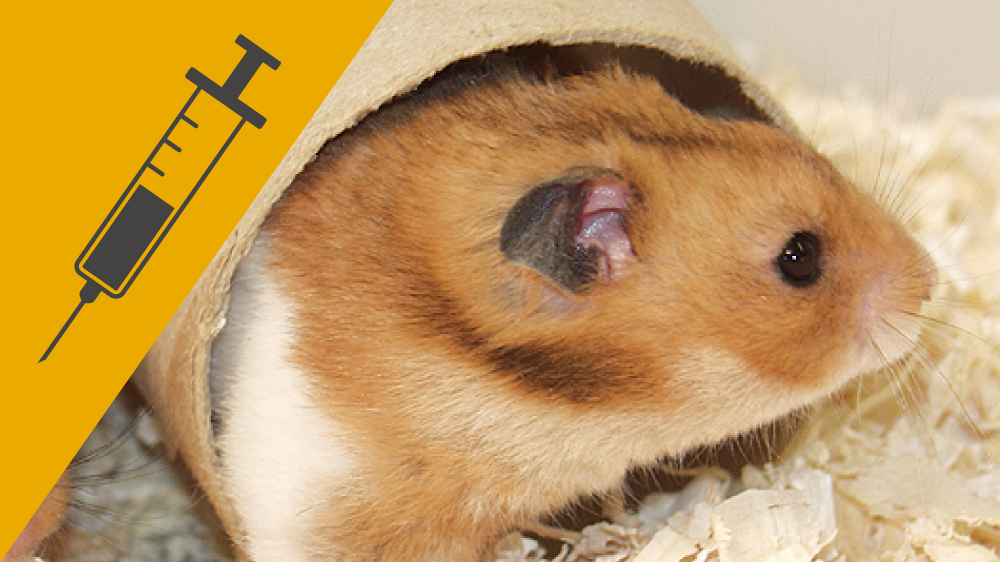Information on techniques for sampling blood in the rat, covering non-surgical, surgical and terminal techniques.
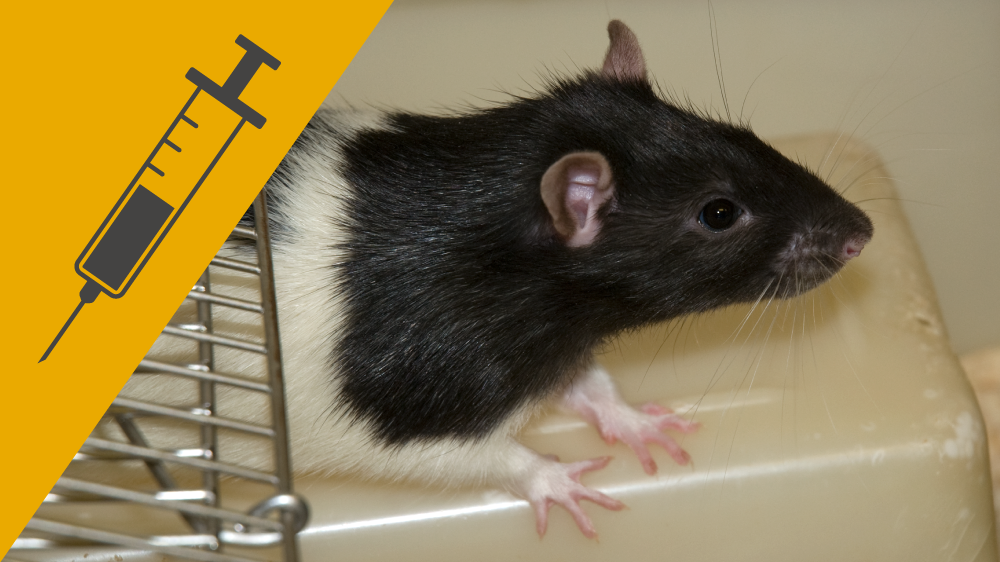
Information on techniques for sampling blood in the rat, covering non-surgical, surgical and terminal techniques.

Guidance on catherisation for blood sampling in laboratory animals.

Guidance on non-aversive methods for handling mice. Includes tutorials, FAQs and tips for implementation.
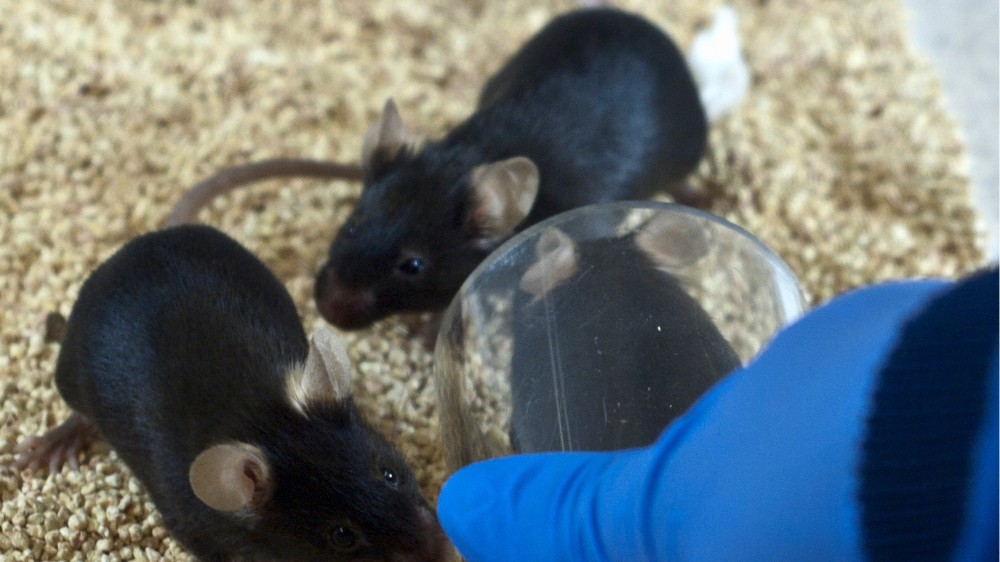
Approaches for sampling blood in the ferret, covering surgical and terminal techniques.
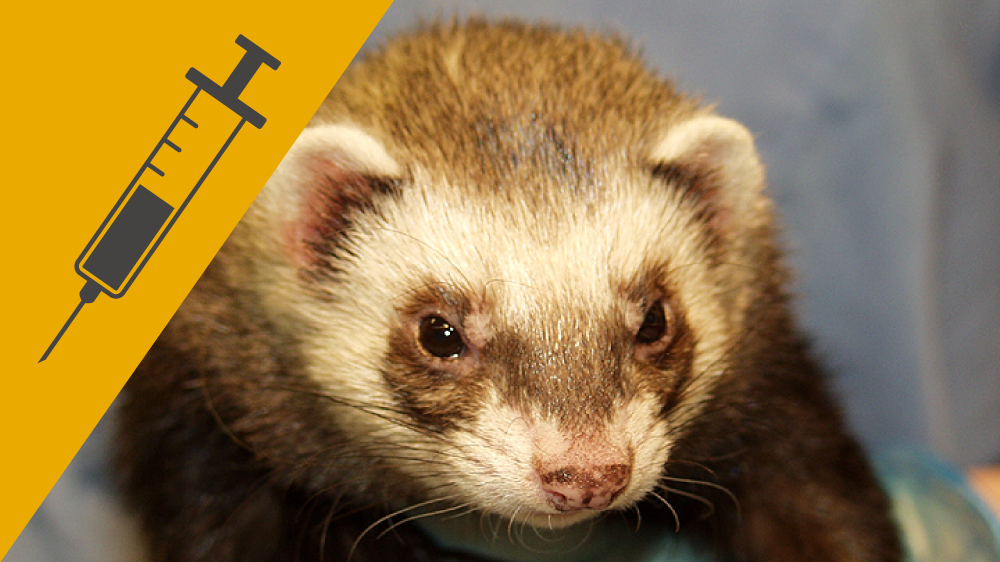
Guidance on implementing positive reinforcement training methods.
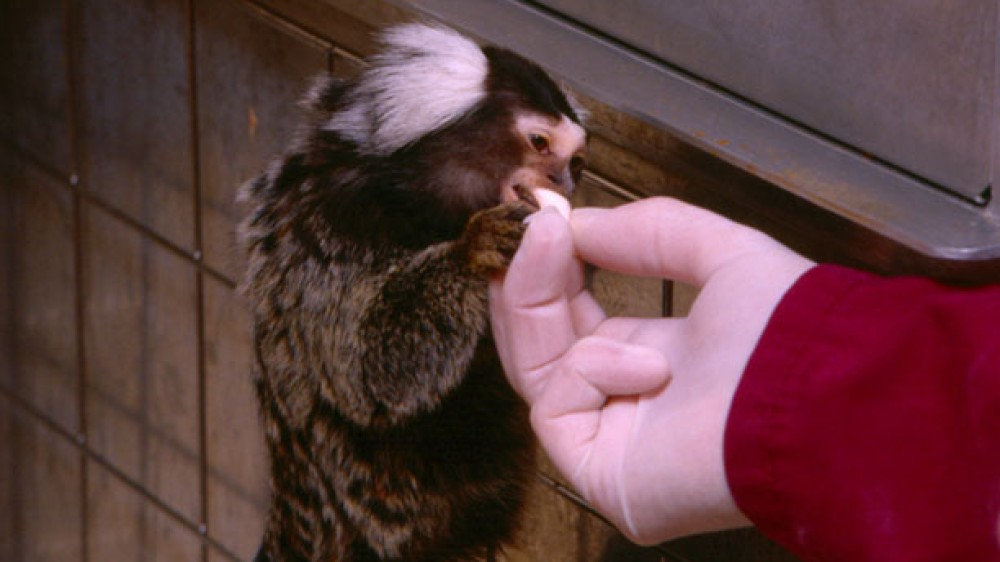
Survey of the approaches used for training monkeys for chair restraint.
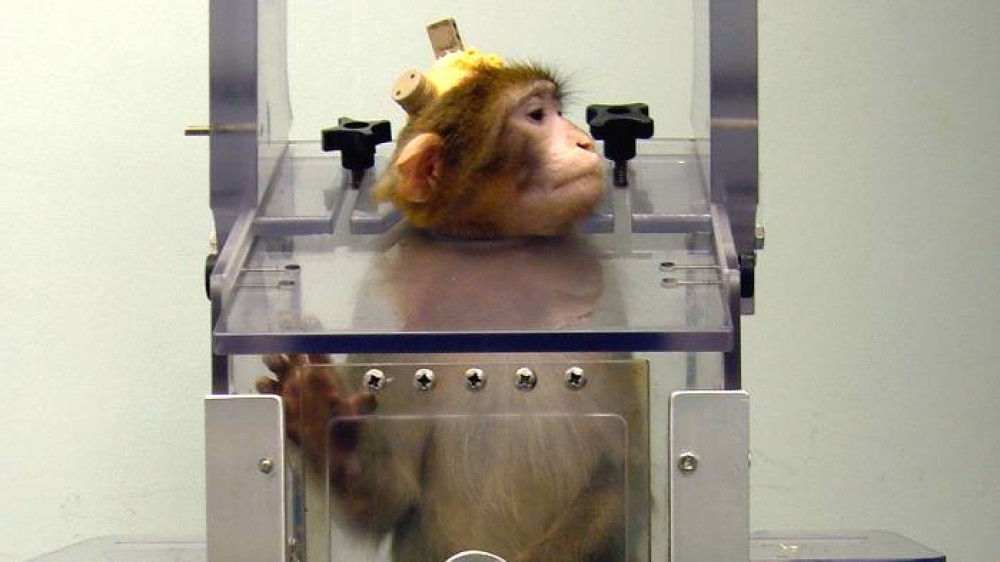
Information to help refine the housing and husbandry of the laboratory rabbit.
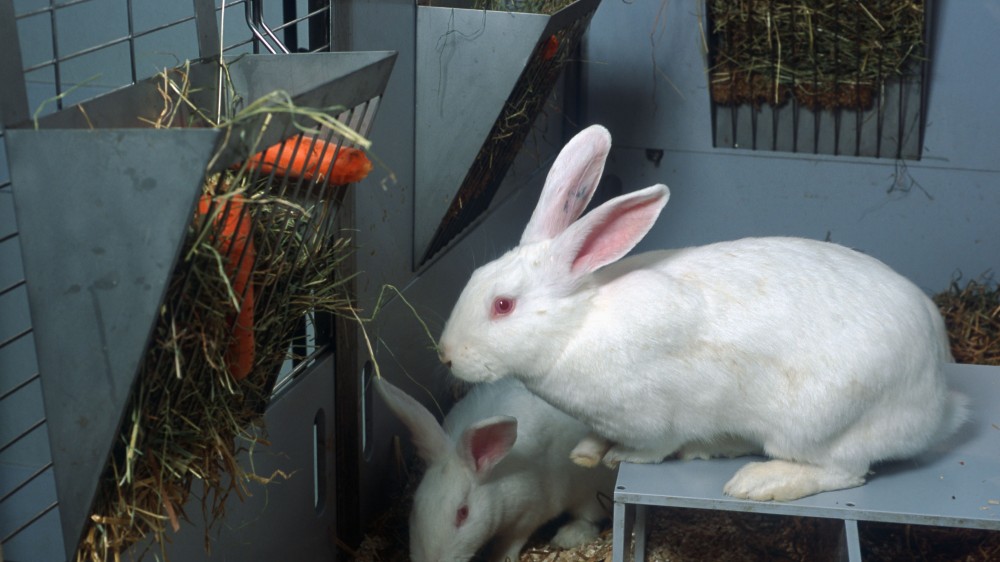
Information to help refine the housing and husbandry of the laboratory cat.

Information to help refine the housing and husbandry of the laboratory rat.
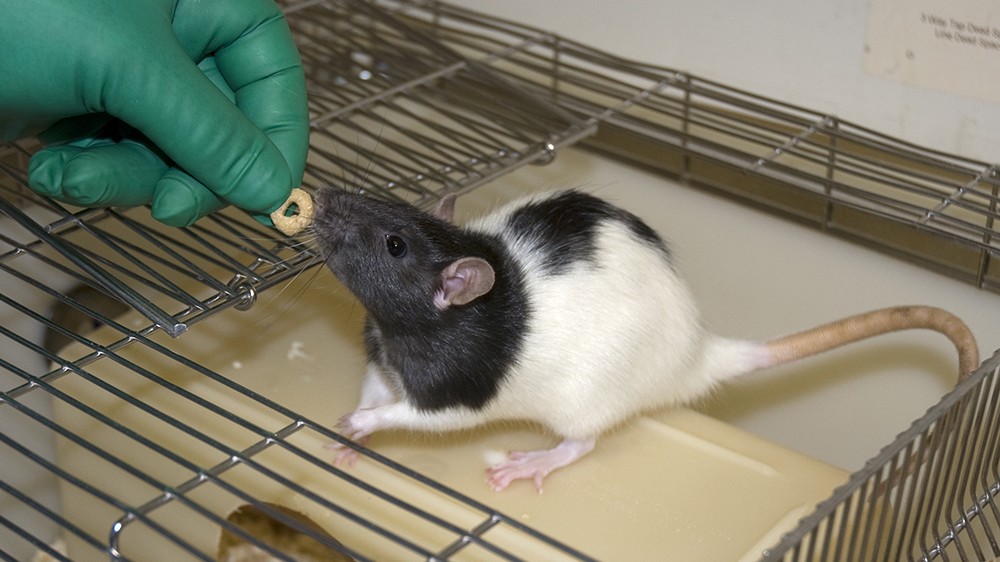
The positive impact playpens have on laboratory rat welfare, and guidance on how to set one up in your institution.

Information to help refine the housing and husbandry of the laboratory guinea pig.
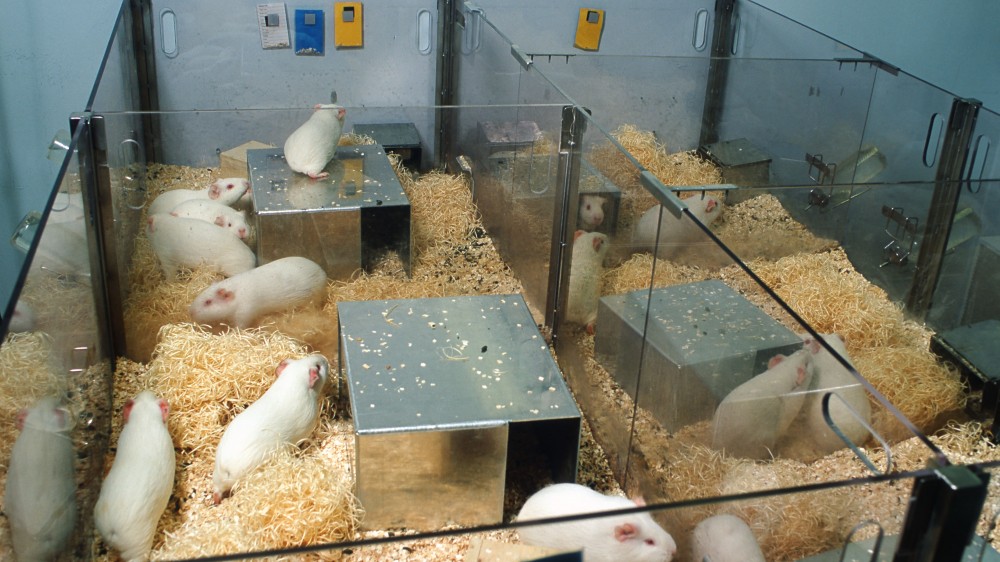
Guidance document on opportunities to reduce and refine the use of GA mice through cryopreservation and sharing.
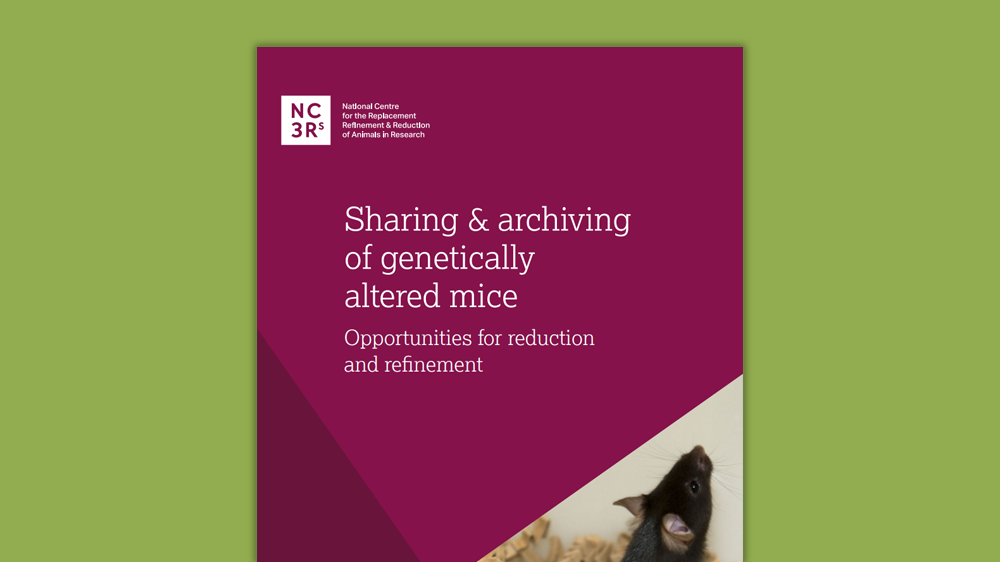
A webinar exploring how environmental monitoring can replace the use of sentinel animals for monitoring mouse colonies for the presence of pathogens.
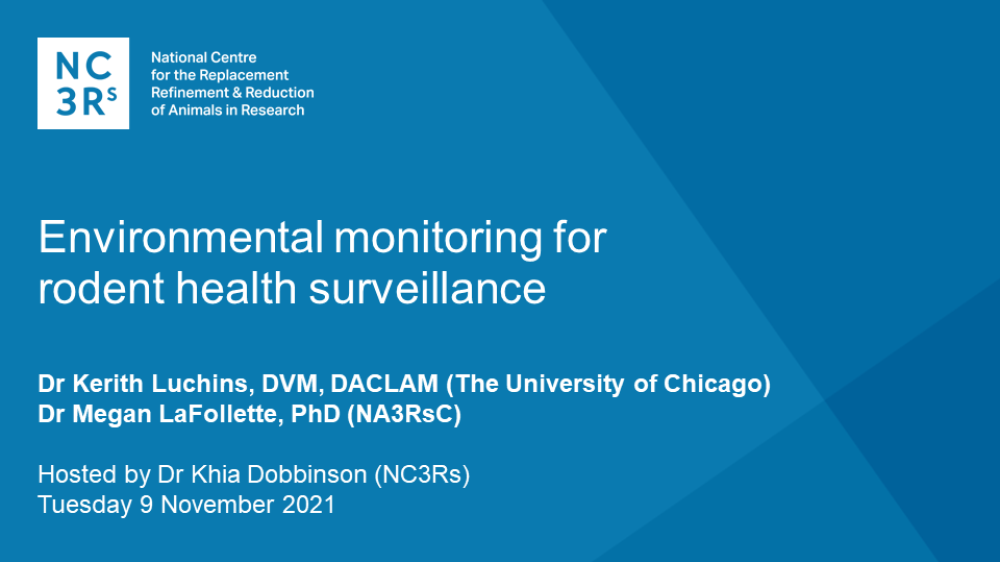
Information to help refine the housing and husbandry of the laboratory hamster.

The evidence supporting the use of tunnel and cup handling to improve animal welfare and scientific outcomes (presented at AALAS 2021).
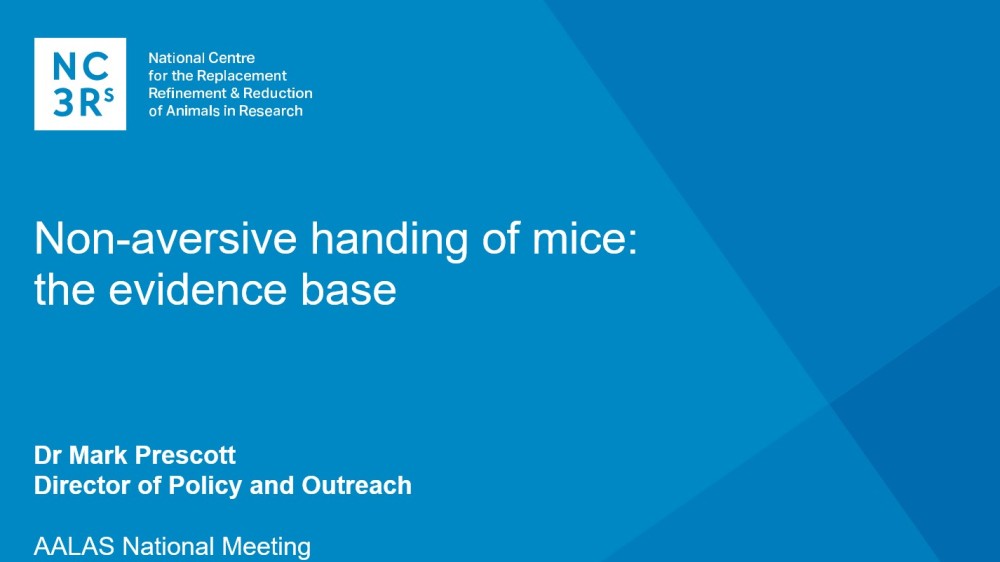
Details of the Rat Grimace Scale, including a poster for display in laboratory rooms and corridors.
Details of the Mouse Grimace Scale, including a poster for display in laboratory rooms and corridors.
10 years of CRACK IT webinar: An IVF micro microfluidic device for non-surgical embryo transfer to generate transgenic mice.

A video to be used for training and education, to improve mouse welfare within a research setting.
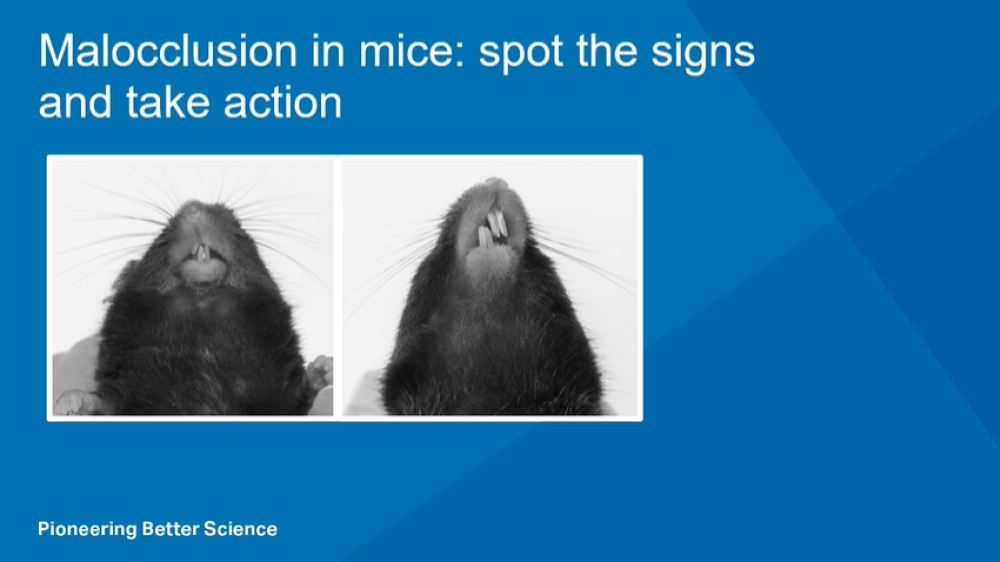
Information and resources on malocclusion in mice to improve welfare within a research setting.
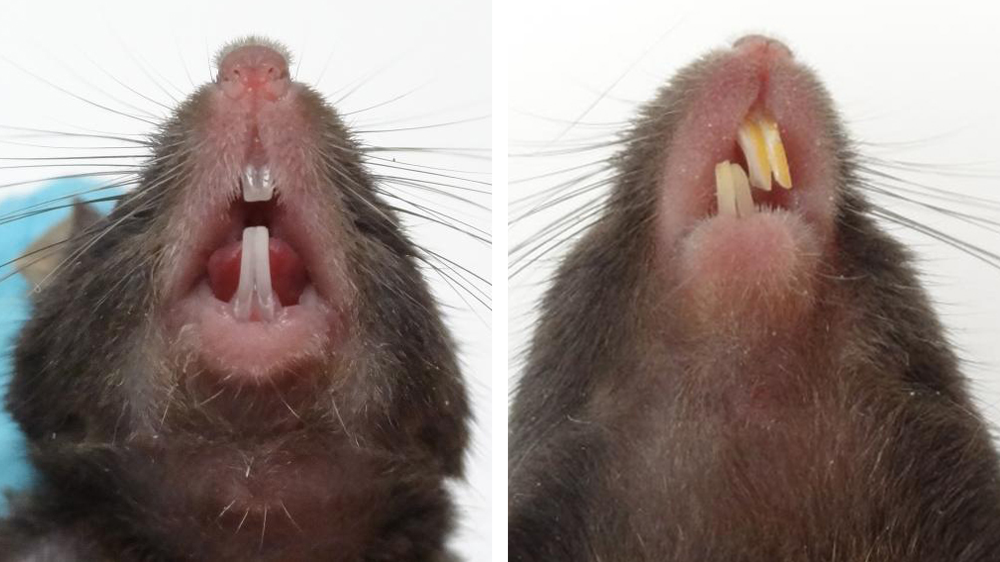
A video resource for introductory training on the 3Rs aimed at in vivo researchers and animal technicians.
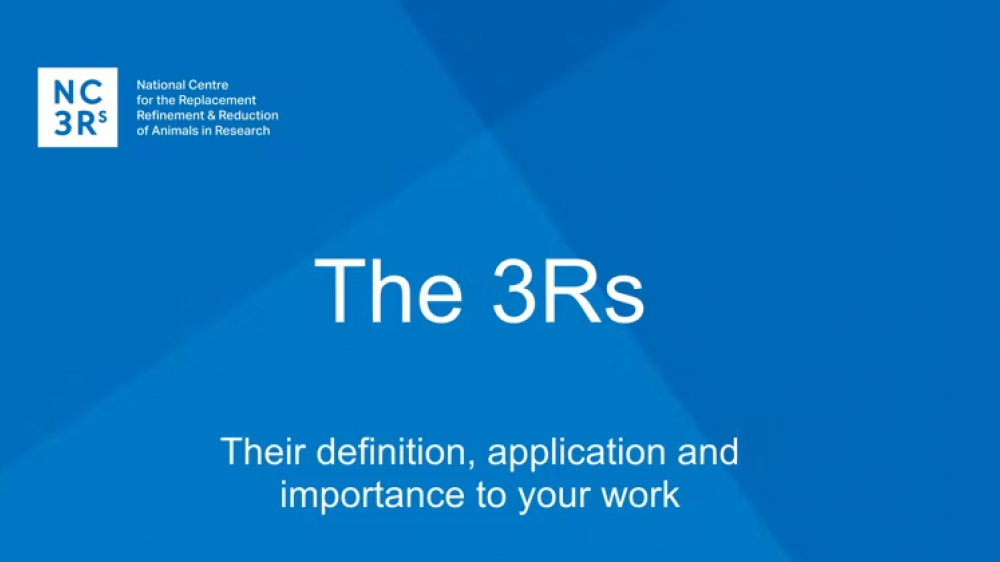
Resources on rat tickling and how it can be used to promote positive human-animal interactions.
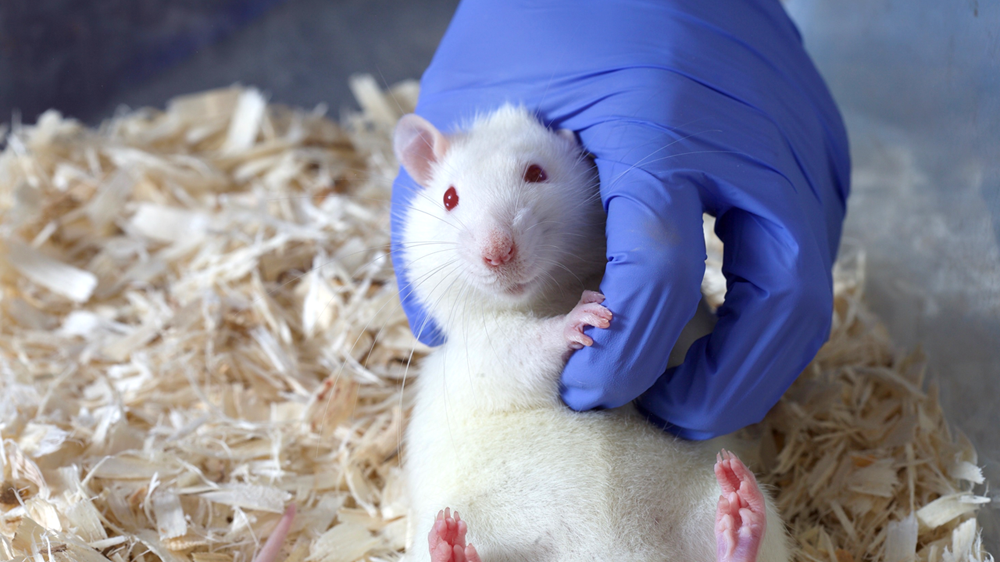
Approaches for sampling blood in the rabbit, covering non-surgical and terminal techniques.
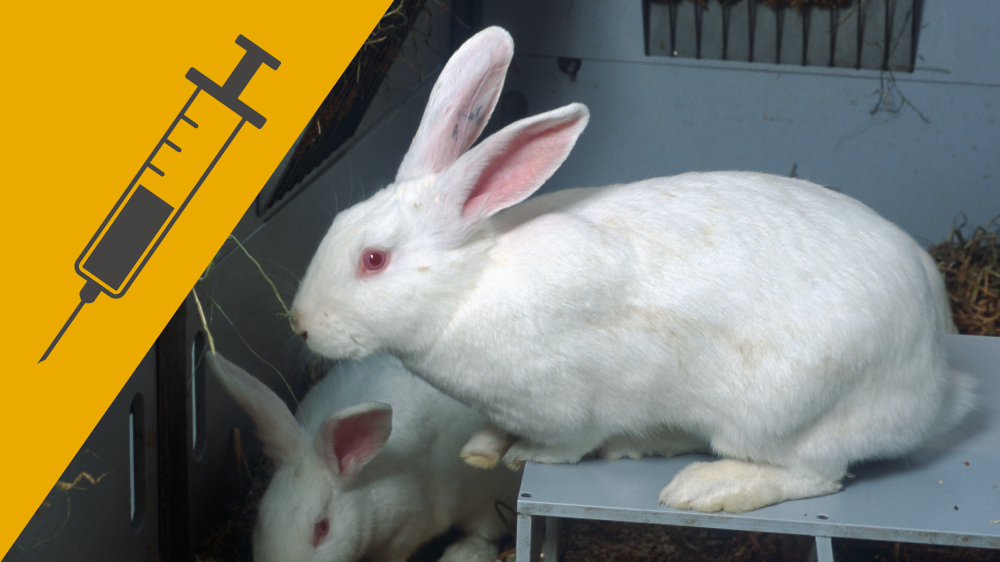
Approaches for sampling blood in the hamster, covering non-surgical, surgical and terminal techniques.
